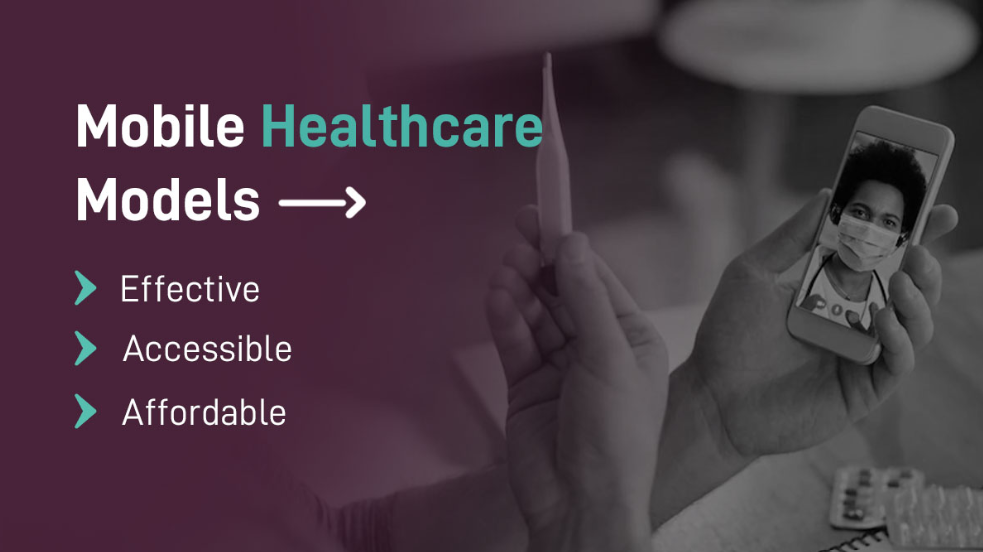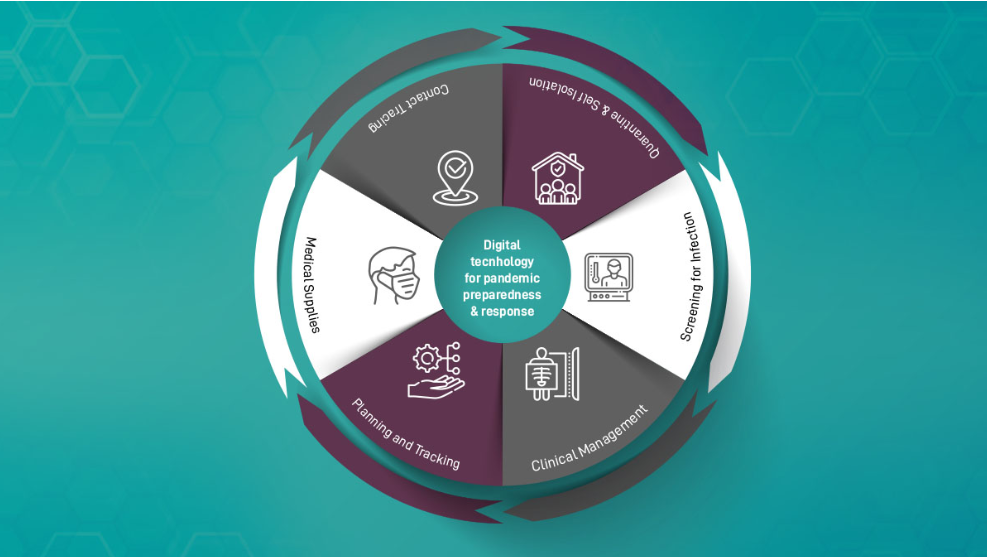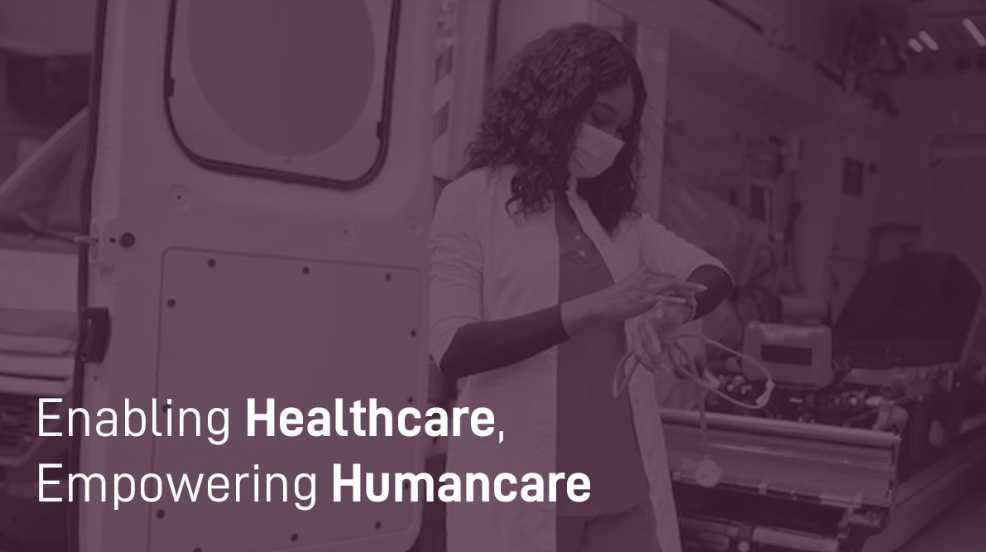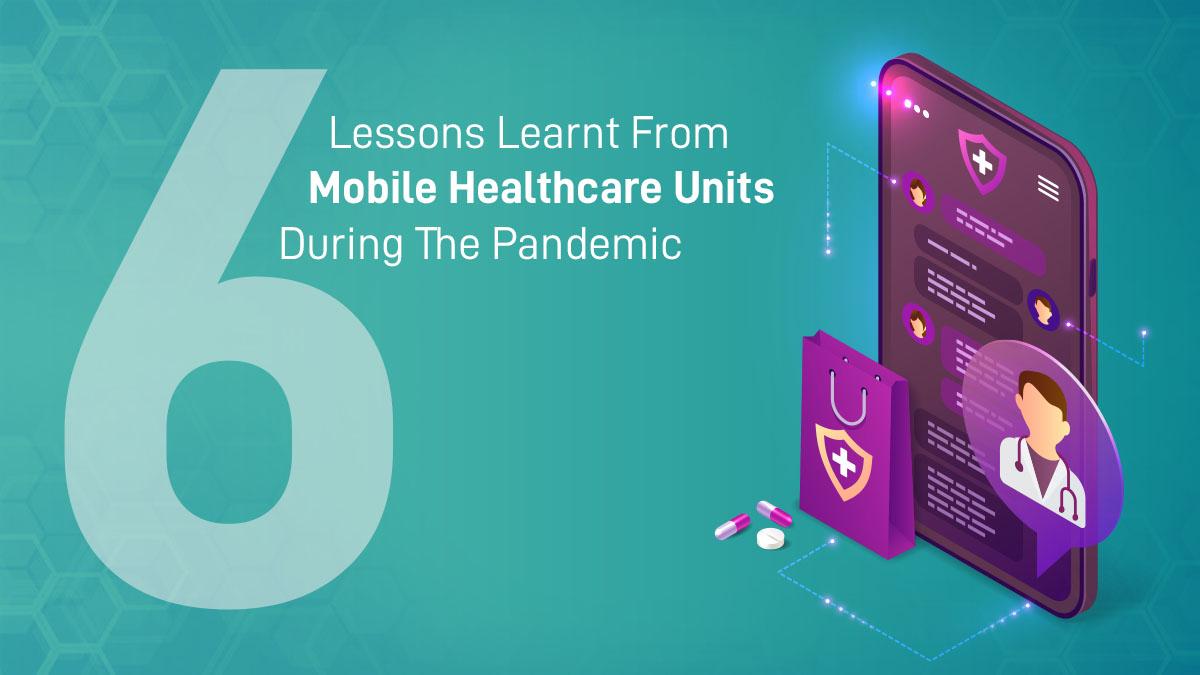During the pandemic era, a large number of people lost their lives. The entire pandemic was a curse not only for humans but for all the living species currently present on the earth. As the lockdown was imposed, it became very difficult for the common people to travel from one place to another. Both public and private transport were shut and that caused serious problems during the medical treatment. Not only travelling was a major issue but other aspects were also disturbing us. Hence, a new terminology came into the limelight, Mobile Healthcare Units.
Mobile clinics in India assisted the Indian healthcare system and helped patients and physicians to cure their diseases from a far distance. The mobile healthcare unit represents untapped resources for our healthcare system. However, it gets delayed for so long in the Indian plains. The mobile medical care unit was a fresh new concept in the Indian-origin, but smoothly running in the USA. They provide access to healthcare, especially for displaced or isolated communities or individuals. About 2000 mobile clinics are currently operating across the United States that rescue around 7 million people annually. Hence, it is visible that Mobile healthcare units are the future of the healthcare industry across the globe. Here we will discuss the 6 lessons learned from mobile healthcare units throughout the pandemic in India.

Out-of-hospital models
Out-of-hospital models which are popularly known as pre-hospital models play a crucial role in the treatment of patients suffering from a variety of diseases that can be cured even before coming to clinics and hospitals. These digital health solutions include the sorting conveyor and hub-and-spoke models. The sorting method helps to differentiate between the patients and involves the use of digital solutions to provide telesupport based on patients’ clinical needs or the triage of patients or both hence their treatment could be more easily arranged as per their primary, secondary, and tertiary care.
This model has also been applied for AI systems classifying eye diseases based on ophthalmic images. It includes AI algorithms to augment community screening via teleophthalmology. It’s being used for eye care to scale up responses and ensure the reduction of unnecessary encounters during the COVID pandemic.
For Medication and Treatment Compliance
There could be a possibility of a high mortality rate if poor treatment and medication compliance will be a catalyst for perfectionism. Additionally, multi-drug resistance and other factors can also occur due to poor treatment. Research has demonstrated that one of the effective ways to overcome the procedures of non-compliance to treatment and medication is the use of mobile health units.
Used for Pandemic Management in HICs
Recently during the news breakout of Ebola and Severe Respiratory Syndrome(SARS), mobile health unit applications showed their potential in screening, detecting, and monitoring such global epidemics. Mobile health units have been utilized in this current pandemic and other infectious diseases in most HICs.
Currently, a study in Canada came with an outcome that mobile clinics in India have been utilized for screening, diagnosis, and monitoring of COVID-19 cases. Additionally, studies in China have identified mobile healthcare as a tool for screening and treatment of COVID patients to help reduce the risks of transmission to other patients and healthcare professionals.

Ensures Screening For Non-Infectious Disease
Mobile health units are being utilized not only during the pandemic but after that as well. Currently, screening for non-infectious diseases like hypertension, diabetes, cancer, and several other diseases is also functioning. Additionally, a Nigerian survey proved that frontline health workers used mobile healthcare applications for diagnosing diseases as well as making differential diagnoses of diseases on patients’ conditions. \

A Good Way to Appointment Reminder
People often forget their dates for medical treatment. Even if they don’t forget, it could be possible that old people would have to call someone to take them to the doctor. On that note, mobile healthcare units can help them to call their relatives or their friends to take them to the hospital or clinic on their respective dates of meeting with a physician.
On the other hand, it will also help them to conserve time to meet their respective physician on time. Else there could be a possibility that during their busy schedule one could forget to schedule time for their treatment.
Builds Communication Between Healthcare Workers and Patients
Mobile healthcare units have significantly improved the relationship between healthcare providers and their patients. For instance, studies conducted in LMICs illustrated that mobile healthcare unit intervention could enhance patient-health providers’ communication aimed at improving self-management of diabetes.
Regular communication between healthcare professionals and their patients has improved the quality of treatment support given to patients and that ultimately improves the patient-clinician relationship.

